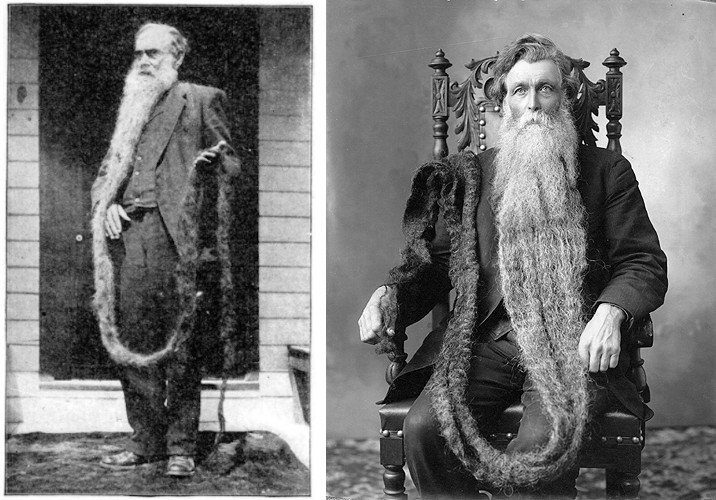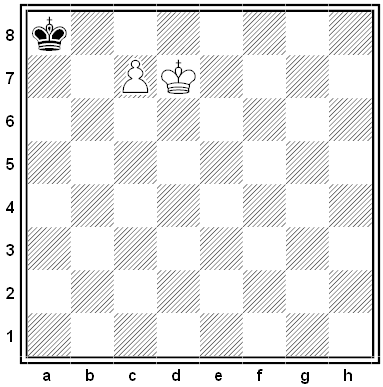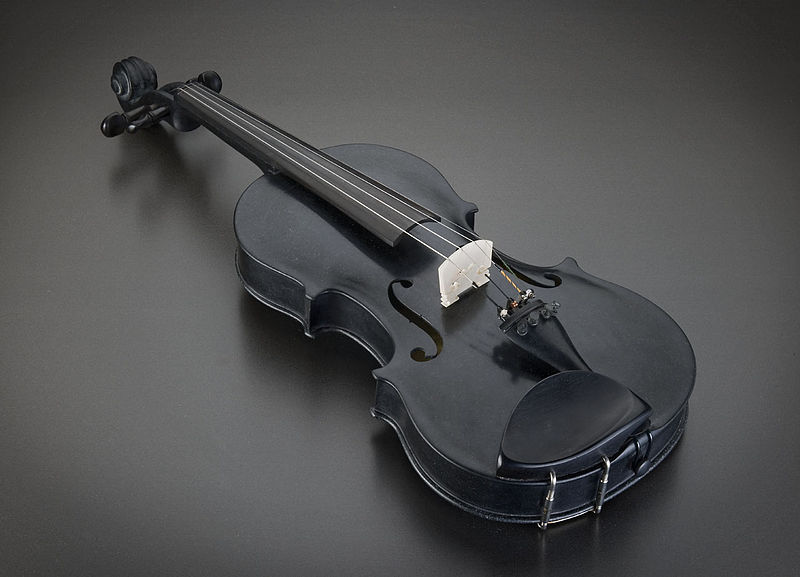A French Prisoner in Norman Cross Barracks, had recourse to the following stratagem to obtain his liberty:–He made himself a complete uniform of the Hertfordshire Militia, and a wooden gun, stained, surmounted by a tin bayonet. Thus equipped, he mixed with the guard, (consisting of men from the Hertford Regiment,) and when they were ordered to march out, having been relieved, Monsieur fell in and marched out too. Thus far he was fortunate, but when arrived at the guard-room, lo! what befel him. His new comrades ranged their muskets on the rack, and he endeavoured to follow their example; but as his wooden piece was unfortunately a few inches too long, he was unable to place it properly. This was observed, and the unfortunate captive obliged to forego the hopes of that liberty for which he had so anxiously and so ingeniously laboured.
— The Soldier’s Companion; or, Martial Recorder, 1824
The first escape from [Dartmoor Prison] took place five days after the first draft arrived. Sevegran, a naval surgeon, and Auvray, a naval officer, having observed that a guard of fifty men marched into the prison every evening to assist in getting the prisoners into their respective halls if required, made themselves glengarries and overcoats, and strips of tin looking like bayonets at a distance, and fell in at the rear of the detachment as it marched out. Favoured by the rain which was falling heavily at the time they passed all the gates unquestioned, and as the company wheeled towards the barracks, they left it, and went on through the village towards Plymouth. Speaking English fluently and being well provided with money, they had no difficulty in booking seats for London on the coach.
— Basil Thomson, The Story of Dartmoor Prison, 1907







